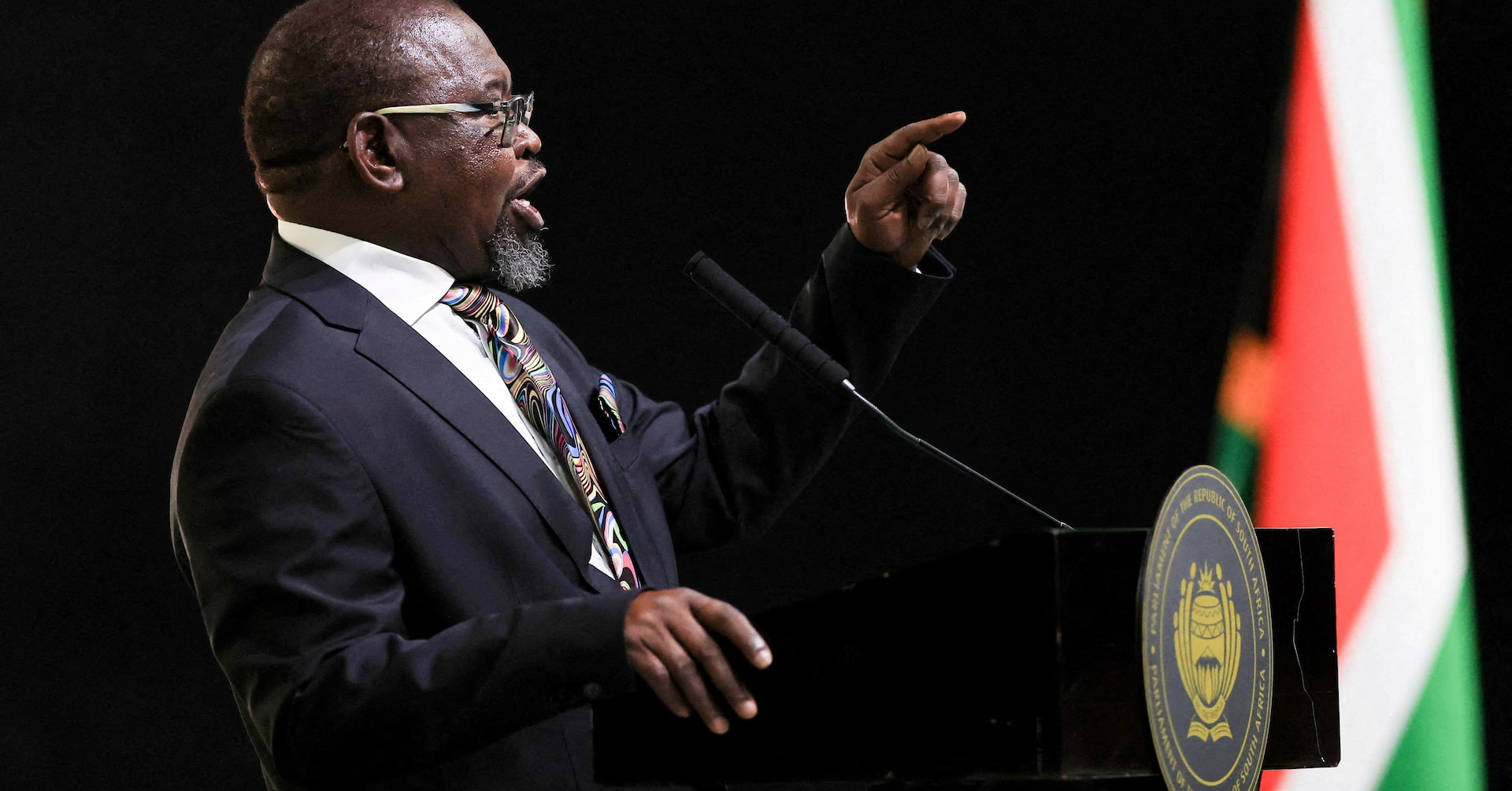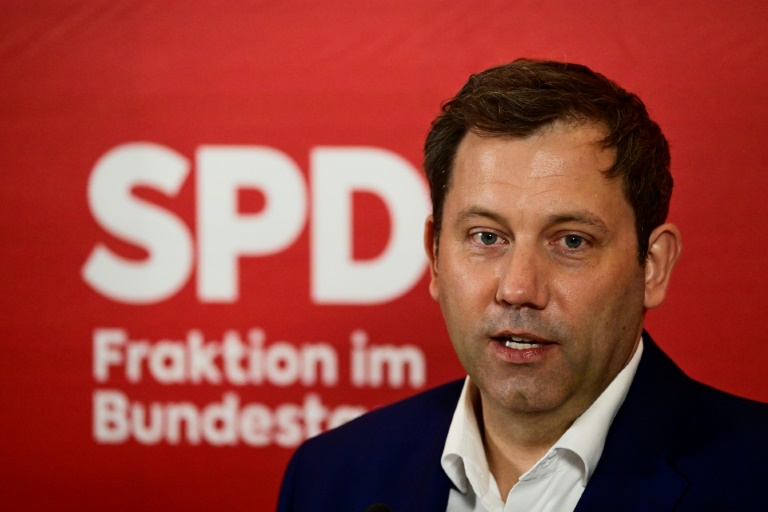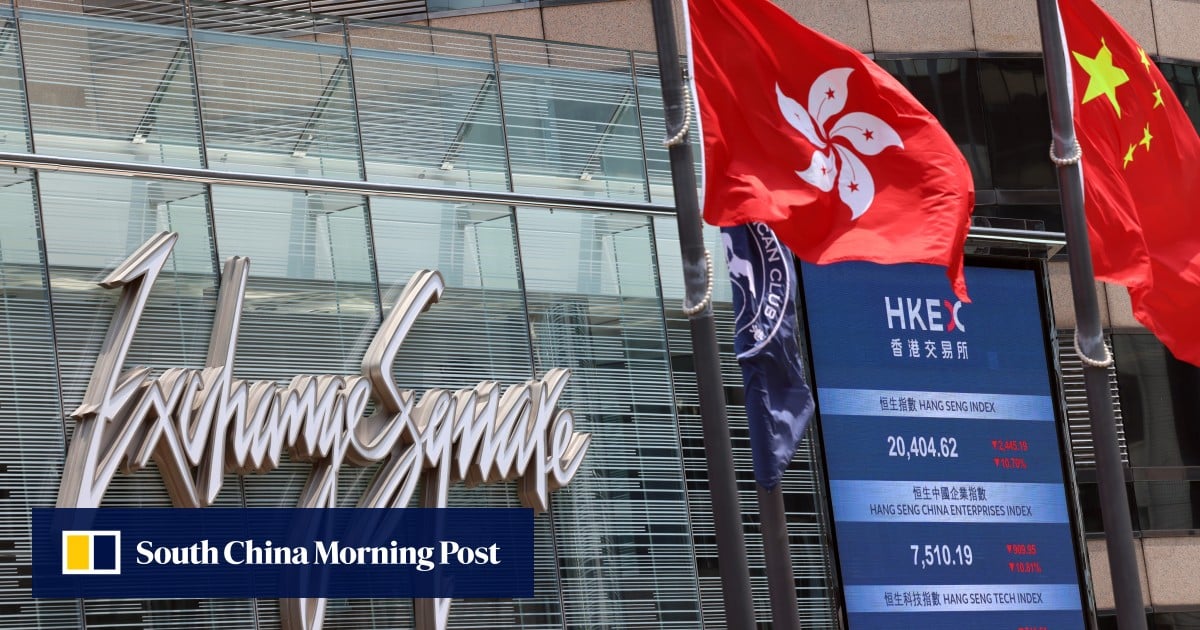
Wall Street's X-odus: Banks Cut Ties with Musk's Risky Debt Gamble
In a significant financial milestone, Wall Street banks have successfully offloaded the remaining debt associated with Elon Musk's high-profile Twitter acquisition from 2022. Investors swooped in this week, purchasing the final $1.2 billion in loans at a slight discount, trading at approximately 98 cents on the dollar. The transaction marks the end of a complex financial journey that began with Musk's controversial $44 billion takeover of the social media platform. By clearing these remaining loans, the banks have effectively closed a challenging chapter in the deal's financing, signaling a potential stabilization of the investment landscape surrounding Twitter's ownership.









